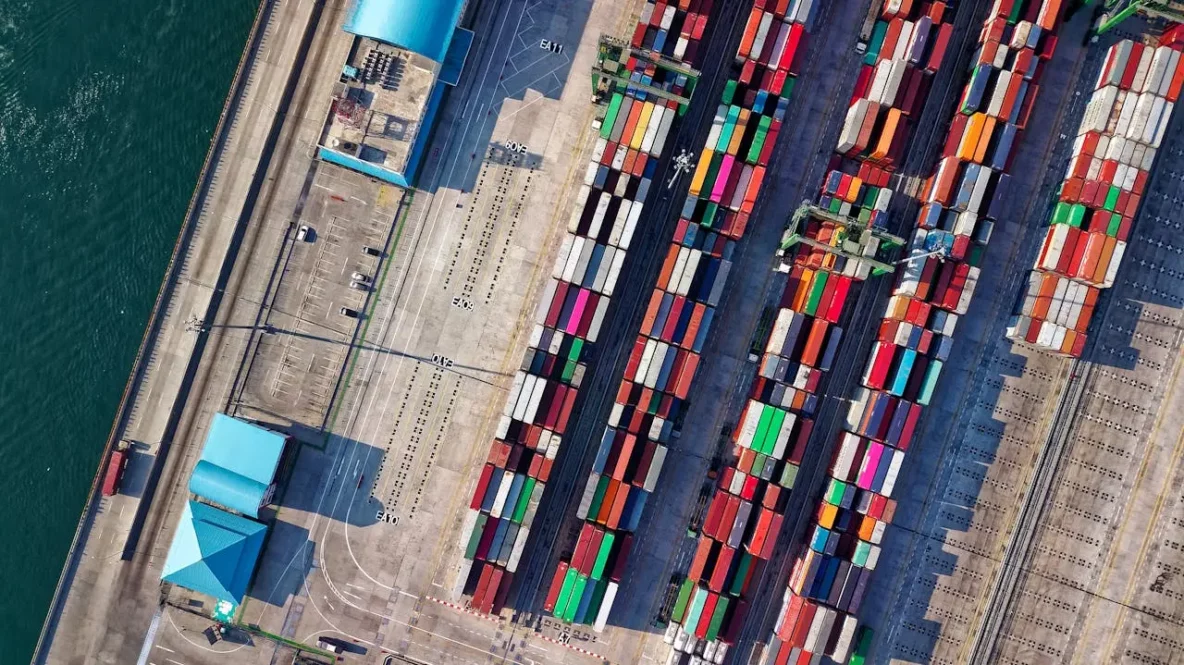What is Export Control?
In a globalised economy, many countries adopt a series of laws and regulations which place controls on trading certain types of goods, software and technology. These laws and regulations are commonly referred to as ‘export controls’. Export controls are designed to protect national security; uphold foreign policy objectives and safeguard against breaches of international humanitarian law.
Export Control and Sanctions
In the UK, export control is implemented not only through primary legislation imposing controls on the export of certain goods, such as military and dual-use goods, but through the natural overlap which occurs with its sanctions regime.
Sanctions are restrictive measures which are adopted to place pressure on foreign governments to influence their behaviour. In order to further this objective, the UK may impose trade sanctions on:
- the export, import and movement of certain goods and technology. This can include military and dual-use goods; goods and technology critical to certain industries; luxury goods and goods which generate revenue for the sanctioned state; and
- the provision and procurement of certain services and activities, such as technical assistance, financial services and brokering services related to prohibited trade.
Given the ever-evolving landscape of trade sanctions, compliance with export control is no longer a unique challenge faced by exporters.
Complying with Export Control
The first step in complying with export control is assessing whether the goods or service you provide are subject to export controls and trade sanctions; and if so, applying for the necessary licence.
To do this, you will need to ensure that you carry out checks against the UK’s export control lists, and various goods checker tools and carefully going through the relevant regulations to establish whether any relevant exemptions apply.
We have experience of advising companies on their trade, particularly with Russia, and the prohibitions that apply under the Russia Regulations. We have provided written opinions on whether trade can continue, and where we have advised that a party would require a licence, we have prepared licences to OFSI, and the Export Control Joint Unit.
Representative matters:
- Acting for the UK subsidiary of an Indian pharmaceutical company distributing medical supplies to Russia. Provided an opinion on how the UK’s trade sanctions and export controls affect the company’s ongoing trade.
- Acting for a UK based chemical company with a subsidiary in Russia. Providing advice on divestment, and preparing licence applications to OFSI and the Export Control Joint Unit.
- Advising a UK software company on the continued use of its patented software in Russia, applying the Russia Regulations.


